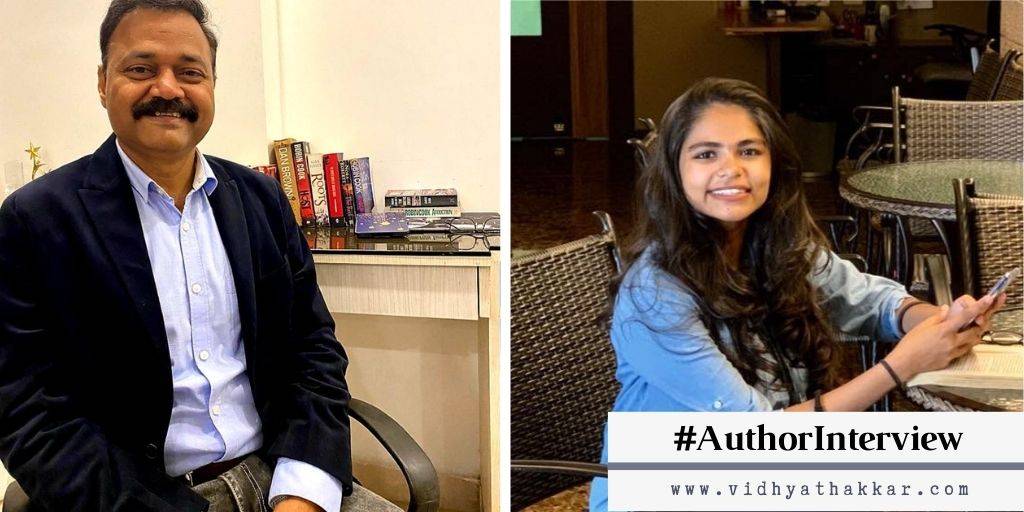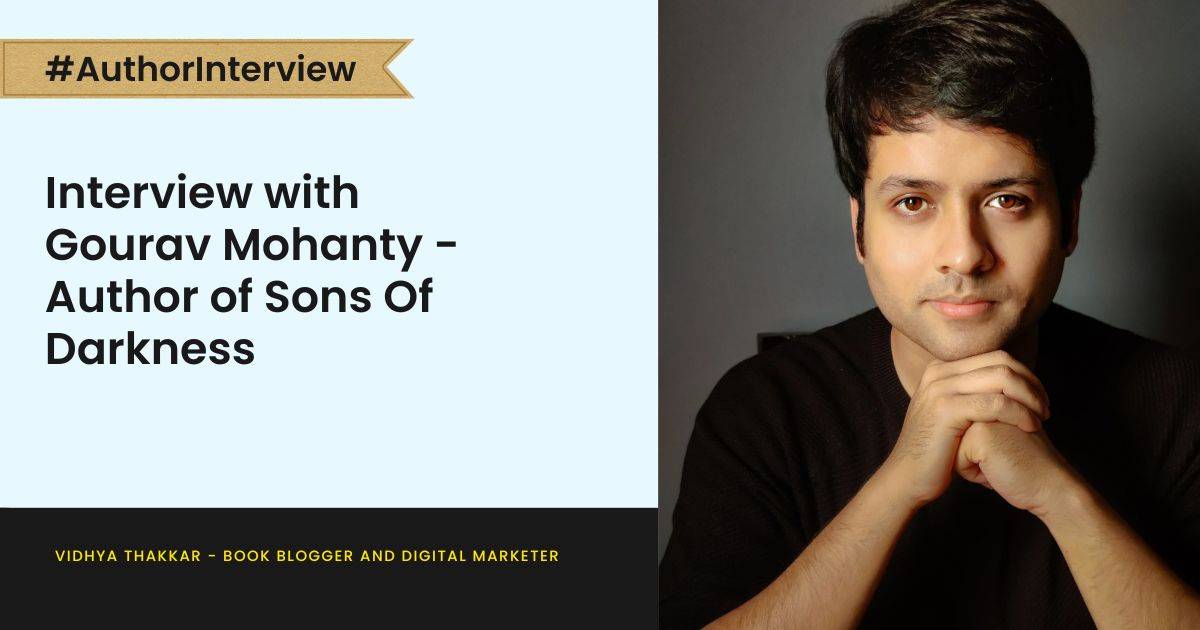About The Author
Dr Shishir Srivastav is a doctor, a blogger and writer of fiction and nonfiction. He was a merit
scholar all through his schooling days and completed his schooling from the prestigious Modern School Barakhamba Road, New Delhi. For pursuing his training to become a medical doctor he went to Bombay, now Mumbai and did his MBBS and DCH from T. N. Medical college and B.Y.L. Nair Hospital Mumbai. He is a practising paediatrician and runs his own medical centre. Dr Shishir lives in Ghaziabad.
Interview
Q) Tell us about the Idea behind the book
This book, inspired by true events in my life, is a love story set in the backdrop of medical college life. The book is divided into two parts, first part portrays the elemental chemistry of blossom. It is the story of few friends, Dang, Sexy, Dirt and Neel, how they meet in a college and how Neel finds the love of his life Riya, his immediate senior. The book captures the different shades of medical student’s lives as they go through their college days—gaiety of hostel life, bonds of friendship, their struggles and aspirations, pressures of succeeding and their relationships with their seniors, nuances of clinical rotations and ward postings, and their love life.
Part two is the elemental flaw of creation and depicts the chase, protagonists Neel and Riya undertake, to save the life of their elder son from the clutches of a deadly disease.
Q) How much time did it take in the process of writing?
The thought was brooding within me for quite long, especially the second part because that was my pressing need to create. I would have completed it earlier but given my professional preoccupation and the eccentricity of mood that I suffer from, it took two long years to complete this book.
Q) What did the process of writing this book teach you?
Writing, like any other creative field, is an intensely satisfying endeavour. It lets you to have a dialogue with yourself, pondering over thoughts and questions that you otherwise tend to avoid. In this sense a man primarily creates for himself, to give shape to his own thoughts and his expectations from the world he lives in, but while writing this book I realised that there’s a bigger reality that having a dialogue with our prospective readers is a more important necessity. The message must cut across. What we expect from the world is comparatively dwarf in relation to what the world expects from us.
Q) What inspired you to write this book?
Eleven years ago, my elder son suffered from a rare critical illness, and that too without any warning signs and symptoms. During the subsequent months, a daunting struggle ensued to find the diagnosis and when the diagnosis finally arrived, an even bigger battle to chase the cure was awaiting me. That was the darkest period of my life, and its memories were haunting me day and night. The anguish was rising within my mind as an impending volcano of words searching for a vent out. Since literature provides the greatest platform for moral introspection, I took refuge in reading books. Writing, I guess, was a natural progression, and it helped me restrain those terrorizing words into the confines of a book.
Q) Which is your favourite part from the book?
Last chapter of the book, ‘Of Guilt and Penance’, is my favourite, I like reading it over and over again. Because, it sort of concludes the entire journey. I am solely in conversation with my own self, reflecting on my past and the answers I have derived out of this quest.
Q) A book that had an impact on you, which helped you in writing this one?
I like reading intense books, books that are high either in emotional or philosophical quotient. The Fountainhead by Ayn Rand, A Man’s search for Meaning by Viktor E Frankl and When Breath Becomes Air by Paul Kalanithi are my all-time favourite. All three have rescued the glitches of my writing and whenever I have found myself wandering into a black hole of thoughts, searching for ways to put them into words.
Q) Tell us about your plans? Planning a new book?
Frankly, I am still imbibing the essence of my creation, still relishing the joy. But yes, since writing has been so soul-searching journey, I do plan to continue it further. There are a couple of subjects in my find mostly related to medical fiction and I’ll soon embark upon a new voyage.
Q) How your life changed after the book was published?
Well, I won’t say that the book has made me hugely popular, but as a candid confession, I must say that apart from my personal satisfaction of indulging in the process of creating it, I am loving the small yet bright shade of recognition that has come along after the publication. On a personal level, I feel more connected to people around me, especially the ones who have undergone/undergoing such dark phases in their lives.
Q) What is a literary success for you?
By sharing his story, true or fictional, an author wishes to make a connection with his readers, to put forth a message, an achievement in this regard, I think defines success. On a more realistic platform, the recognition of one’s work by masses is what everyone is striving for.
Q) A message for all the readers
Reading is a beautiful hobby. Consider yourself lucky if you belong to this cosmos of books, cultivate and relish this so very exquisite taste of yours. Remember, writers write only because there are readers to read, so don’t forget to applaud and encourage the writers whose work appeals to you.


